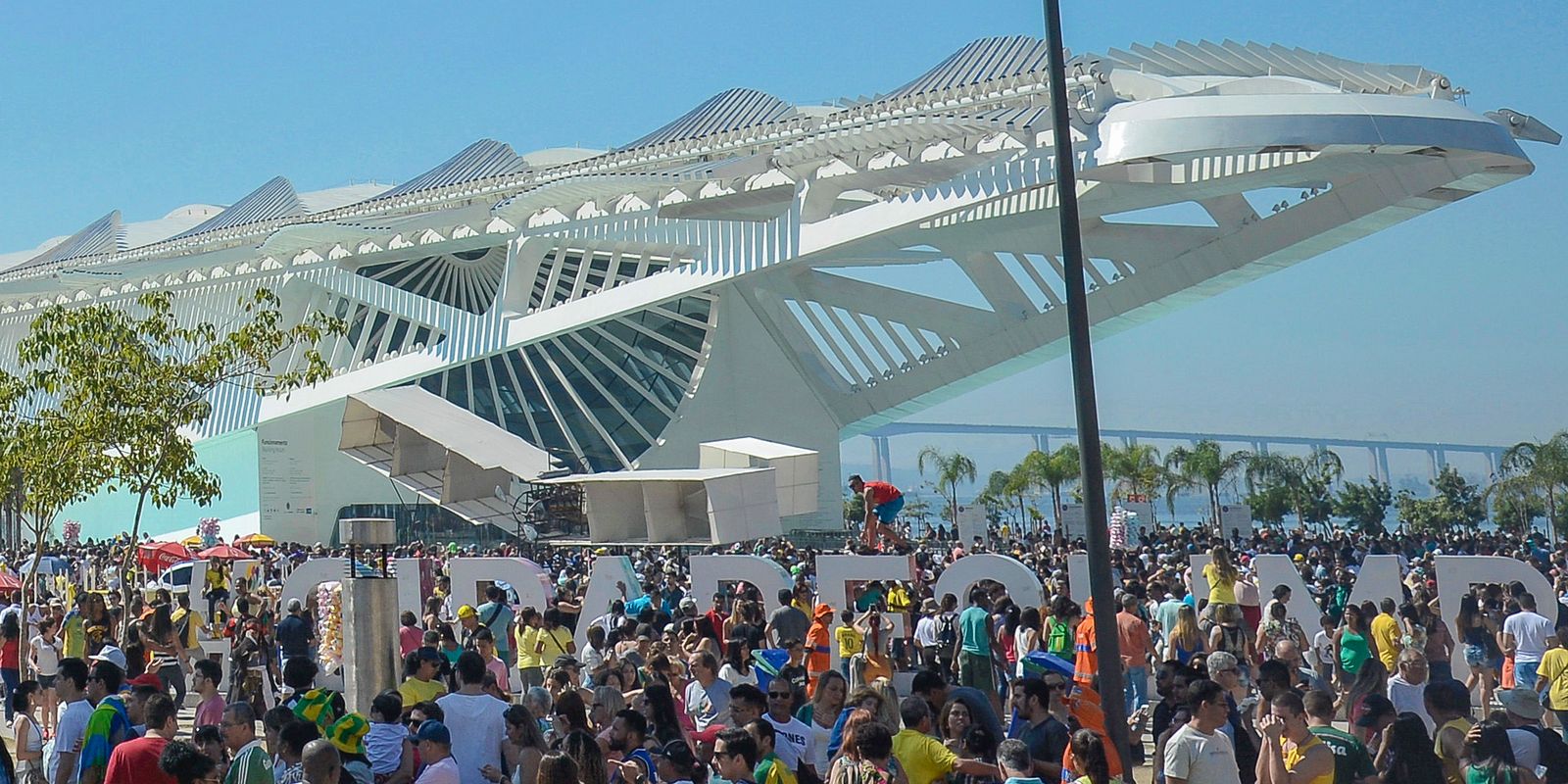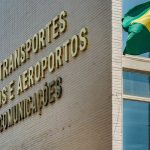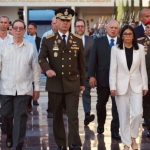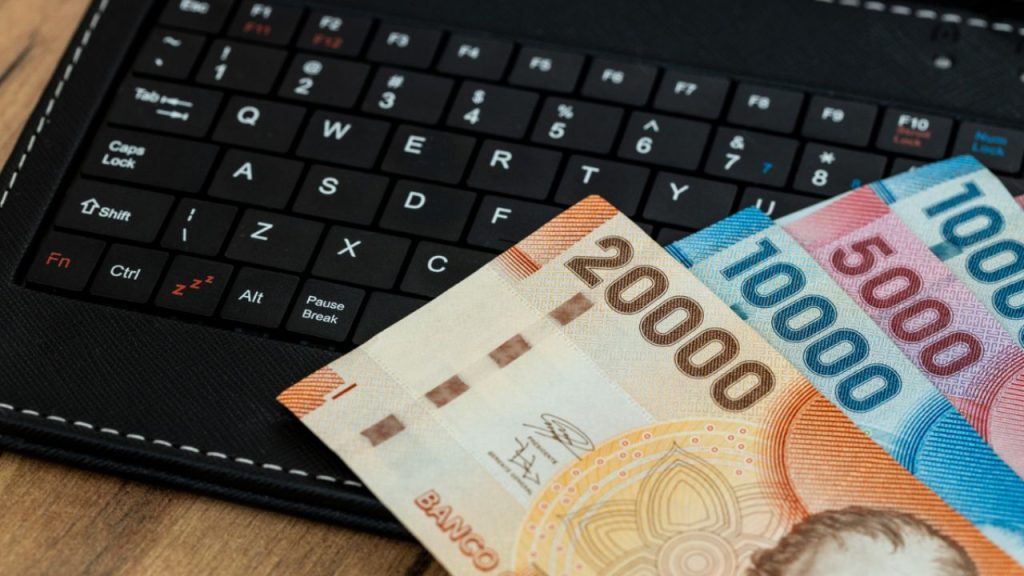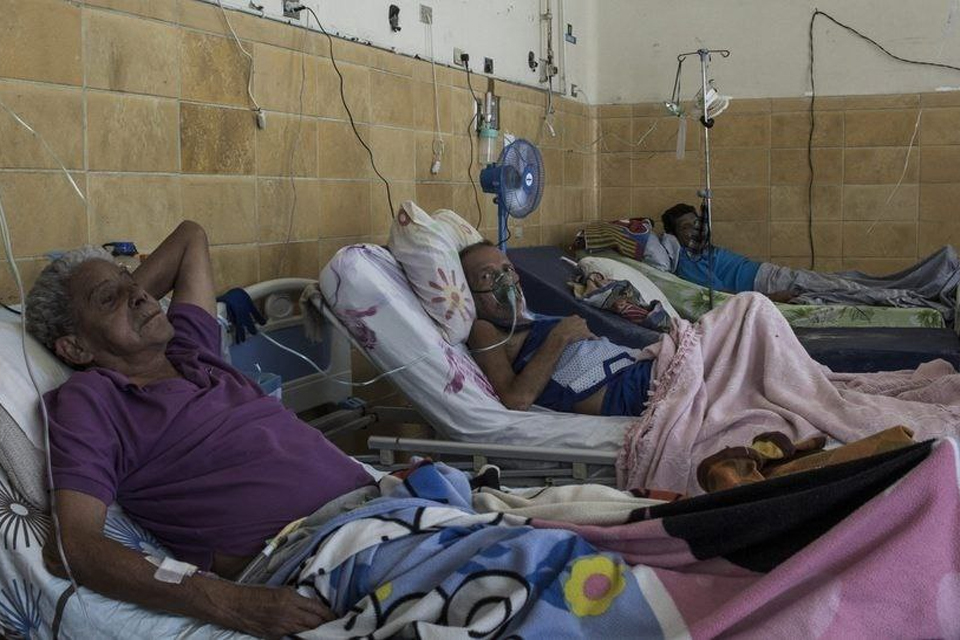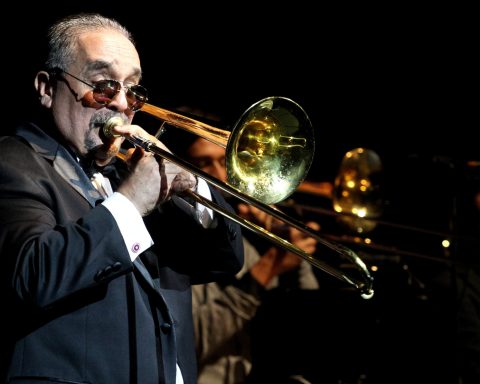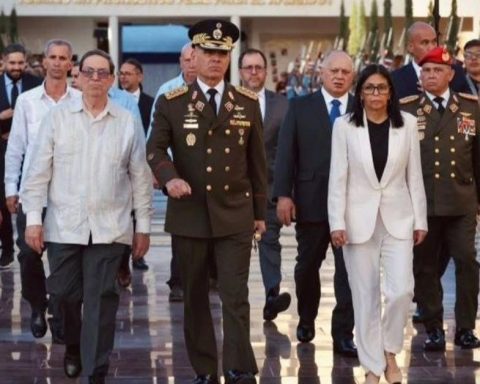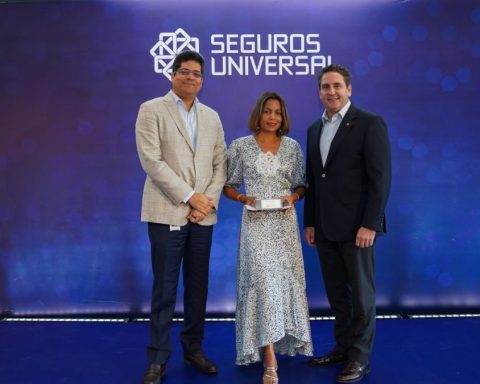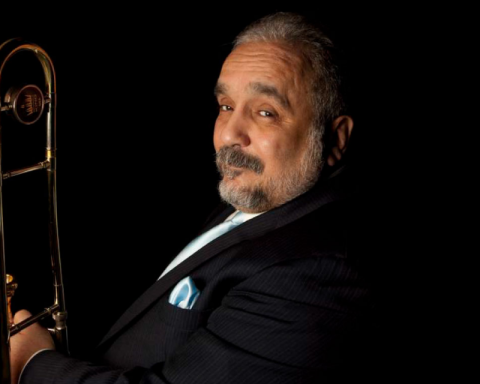The search Legacy of the Rio 2016 Olympic Games: Economic Impacts reveals that the projects carried out for the 2016 Olympics had a positive impact on the capital of Rio de Janeiro of R$99 billion on the Gross Production Value (VBP), with R$88 billion in the Olympic period alone, relating to projects completed up until 2016.
The survey released this Tuesday (23), in Rio de Janeiro, by the Getulio Vargas Foundation, shows that in addition to the R$88 billion in GVA, gains of R$45.5 billion in GDP were recorded; R$4.7 billion in tax collection; R$32.2 billion in family income; and around 414 thousand jobs created. The other economic impacts were generated by projects underway or in expansion after the Games, resulting in R$11 billion in GVA; R$5.7 billion in GDP; R$590 million in tax collection; and 51.4 thousand new jobs.
Daniel da Mata, a professor at the São Paulo School of Economics at FGV, explained that, unlike GDP, which measures the final goods and services produced, the VBR covers the entire production chain. “It would be the sum of everything,” he told Brazil Agency. In the case of bread, for example, it would also include seeds, wheat, flour and bread, while GDP refers to the final product, which is bread.
Works and projects
According to Daniel da Mata, “the main gains identified by the study were related to works and projects directly and indirectly related to the 2016 Games. These projects generated an increase in the economy’s movement in terms of increasing economic indicators, such as the city’s GDP. Furthermore, the study showed that the purchase of inputs for the works was not restricted to suppliers in the city of Rio de Janeiro, but benefited other cities in the state.”
This means that although the economic gains were greater in the capital of Rio de Janeiro, the host city of the Games, there was a positive spillover to other cities in the state of Rio de Janeiro, in terms of tax revenue and jobs created. Including the capital, the total economic impact of the Rio 2016 Olympics was R$134.7 billion in Gross Production Value; R$69.6 billion on GDP; R$7.25 billion in taxes; R$49.2 billion on household income; and more than 633,200 jobs created.
Continuity
Daniel da Mata explained that the positive impacts of the Olympic Games have continued to this day. Projects such as the museums installed in Porto Maravilha, for example, had their construction completed in the pre-Olympic period, but they continue to operate until this year, he said. “We estimated that this operation would continue from 2016 to 2024. In fact, when we calculate this economic impact, we are seeing all these temporalities of the impact of the Olympics up to the current year.” Some of these projects involved equipment that is still in use, generating economic activity.
According to the FGV study, “eight years after the event, it can be said that Rio’s city government delivered one of the most efficient Olympic Games in history in terms of the rational use of public money”.
Increased expenses
The total expenditure reported in the city’s bid dossier to host the 2016 Olympic Games was R$28 billion, lower than the R$39 billion spent up to 2021. “Our study considered a higher amount because we did not only consider the items in the dossier, but also projects whose economic and financial viability was positively impacted by the Olympics and which ended up happening, even though they were not in the dossier. In fact, our project package goes beyond the portfolio in the dossier,” said da Mata. According to the city government, the increase in the number of projects from 17 to 27 required an adjustment to the budget. “The budget was increased to be able to incorporate these projects,” highlighted the professor from the São Paulo School of Economics at FGV.
The research considered projects that are part of the public budget and also from the private sector through public-private partnerships (PPPs) and concessions. “The projects that are legacies of the games also had private participation. Therefore, the amount is above what was foreseen in the application dossier”, concluded Daniel da Mata.
